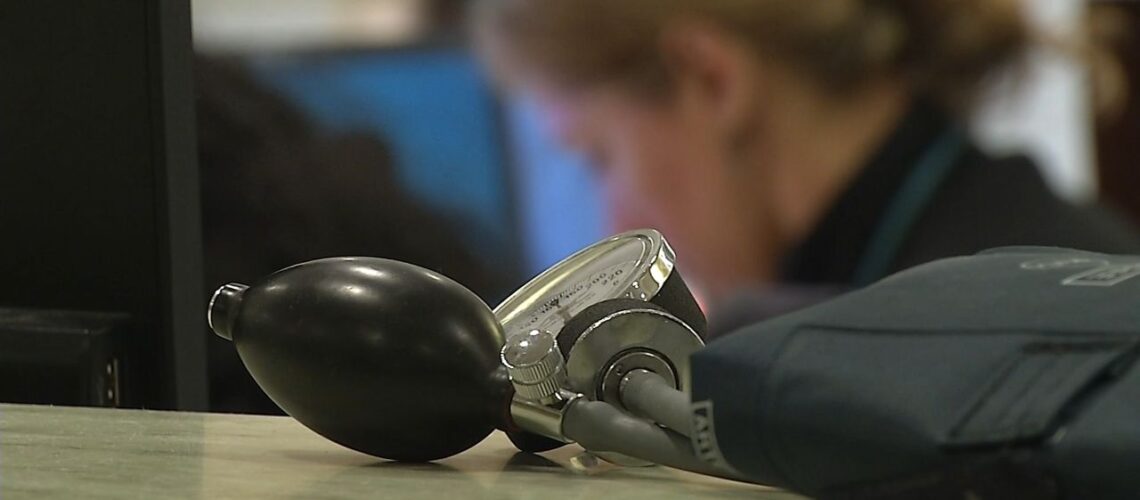Medical professionals frustrated with health insurance
December 16, 2024

- Concord Monitor – Opinion: Changing the conversation around insurance
- Extreme weather, higher construction costs driving up insurance rates – Grand Forks Herald
- How local insurance companies and car shops are helping neighbors post ice storm
- Why can’t you find a therapist who takes insurance? • New Hampshire Bulletin
- A warning shot to the rapacious health insurance industry
BUFFALO, N.Y. — Health care insurance has quickly gained traction in criticism from patients, but some medical professionals say they have long struggled with insurers.
Bạn đang xem: Medical professionals frustrated with health insurance
“Medical professionals are not fond of health insurers,” said Nancy Nielsen, senior associate dean for health policy for the University at Buffalo’s Jacobs School of Medicine. “And part of that is that we have such a very complex health system in this country.”
Xem thêm : California has sweeping new rules for home insurance
When health insurance was created, it centered on covering hospital costs. But as it has expanded to also cover life-saving pharmaceuticals, denials in coverage have also expanded — leaving both health care professionals and patients infuriated.
“You saw that in this tragedy, the assassination that occurred [of the CEO of UnitedHealthcare],” Nielsen said. “That was a terrible thing. And it turned out that the assassin wasn’t even covered by that company. So it’s this freeform rage.”
For medical professionals, the origin of their frustrations comes from allegedly being mistreated by health insurers.
“They’re tired of being second-guessed,” Nielsen said. “They’re tired of being treated like criminals that are trying to get away with something if they try to do anything for a patient or order anything for a patient.”
Xem thêm : Here’s How Much Being Ticketed Will Hike Car Insurance Rates, Study Shows
Although the United States spends the most out of any country on health care per person, the disparity in what is covered and what is not may be overwhelming.
While some claim the use of AI by health insurance companies to be part of the problem, it’s not AI that is denying claims — it’s people.
The mixed bag of government programs, private insurers and nonprofits leaves those denials in the hands of a few top companies that own over 50% of the insurance market. And while the majority of health insurance employees are trying to help patients, the answer to the problem can only be found by having doctors and their patients lead the conversation.
“I think that what we need is a conversation about how to make the change,” Nielsen said. “If this were easy, it would’ve happened a long time ago.”
Nguồn: https://propertytax.pics
Danh mục: News
